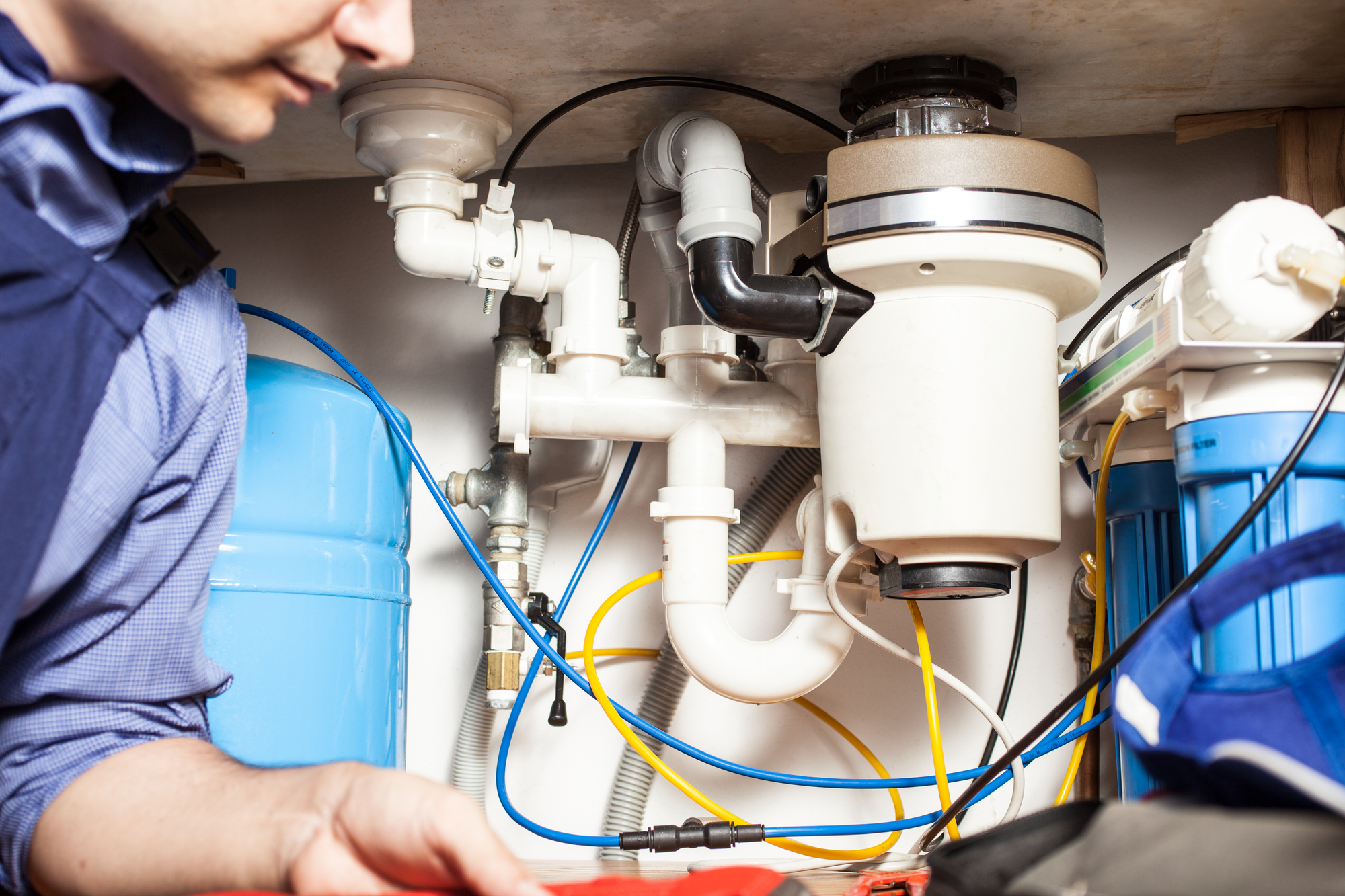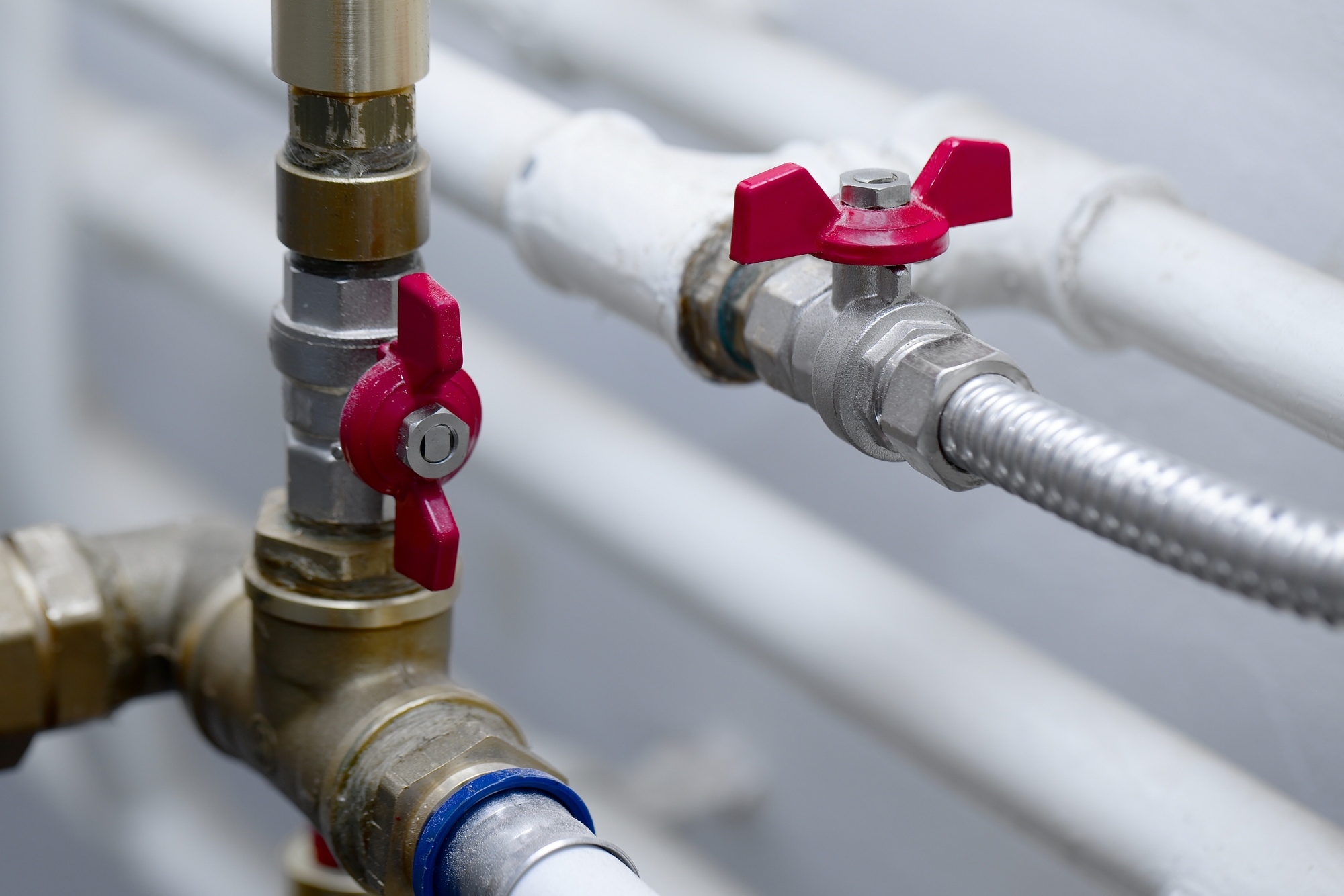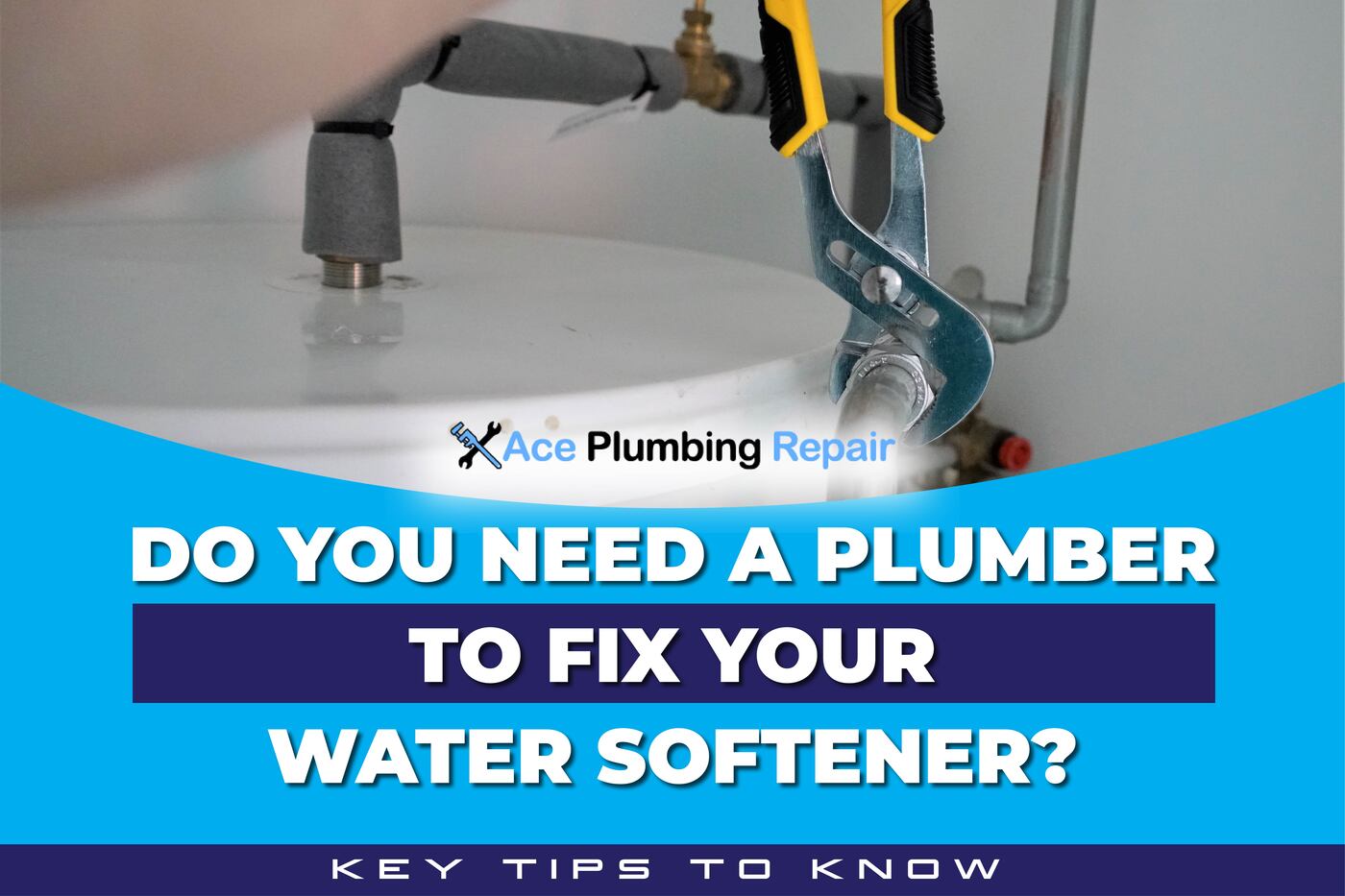Water softeners are devices that remove hard minerals from water, such as calcium and magnesium. Hard water can cause problems for your pipes, appliances, dishes, clothes, skin, and hair. By using a water softener, you can enjoy cleaner, softer, and better-tasting water in your home.
But what happens when your water softener stops working properly? How do you know if you need to repair or replace it? And who should you call to fix it?
In this article, we will answer these questions and more. We will explain do plumbers repair water softeners, and why you should hire a plumber who specializes in water softener repair.
How do water softeners work?
Water softeners work by using a process called ion exchange. This means that they exchange the hard minerals in water with soft ones, such as sodium or potassium. The water softener has two main parts: a resin tank and a brine tank.

The resin tank contains small beads that are coated with soft ions. The brine tank contains a salt solution that is used to regenerate the resin beads.
When hard water enters the resin tank, the beads attract the hard ions and release the soft ones. This way, the water becomes soft and flows out of the tank. Over time, the beads become saturated with hard ions and need to be regenerated.
This is when the brine tank comes into play. The salt solution flows into the resin tank and washes away the hard ions, restoring the beads to their original state. This cycle repeats itself every few days or weeks, depending on the water usage and hardness level.
Why water softeners need maintenance?
Water softeners are complex systems that need regular maintenance to function properly. If you neglect to maintain your water softener, you may experience some of the following problems:

Low water pressure:
This can happen if the resin beads become clogged with dirt, sediment, or iron. This reduces the water flow and affects the water pressure in your home.
Hard water:
This can happen if the resin beads lose their ability to exchange ions, or if the salt level in the brine tank is too low. This means that the water softener cannot soften the water effectively, and you may notice signs of hard water, such as scale buildup, stains, dry skin, and dull hair. learn more about the effects of hard water
Salt bridge:
This can happen if the salt in the brine tank forms a hard crust on the surface, preventing the water from reaching the salt. This prevents the water softener from regenerating the resin beads, and the water becomes hard.
Leaks:
This can happen if the water softener has cracks, holes, or loose connections. This can cause water to leak from the tank or the pipes, and damage your floor, walls, or furniture.
How to tell if your water softener needs repair?
If you notice any of the problems mentioned above, you may need to repair your water softener. Some of the common signs that your water softener needs repair are:
- The water tastes salty or metallic.
- The water feels slippery or slimy.
- The water has a bad odor or color.
- The water leaves spots or stains on your dishes, clothes, or fixtures.
- The water makes your skin dry or itchy.
- The water makes your hair dull or brittle.
- The water softener makes strange noises or vibrations.
- The water softener displays an error code or a warning light.
If you notice any of these signs, you should check your water softener and see if you can fix it yourself. Some of the simple fixes that you can do are:
- Clean the resin tank and the brine tank.
- Add more salt to the brine tank.
- Break up the salt bridge with a broom handle or a similar tool.
- Check the water level and the salt level in the brine tank.
- Check the settings and the timer on the water softener.
- Reset the water softener by unplugging it and plugging it back in.
However, if you cannot fix the problem yourself, or if the problem is too serious, you should call a plumber to repair your water softener.
Do you need a plumber to fix your water softener?
Most of the time, you don’t need a plumber to fix your water softener. Water softeners are usually easy to use and take care of, and you can solve many problems yourself. Here’s what to think about:
- User guides and help manuals: Your water softener should come with a book that tells you how to fix common problems. Reading this can often help you fix things yourself.
- Easy jobs you can do: You can do some things like adding salt, cleaning the tank where the salt water is, or restarting the machine by yourself.
- Help from the internet and videos: You can find a lot of help online, including videos that show you how to fix and take care of your water softener.
- When you should call a plumber: If the problem is about the pipes, if there’s a leak, or if your water softener is connected to your house’s pipes in a complicated way, you should call a plumber. Also, if you’re not sure about fixing it yourself or if the problem doesn’t go away after you try, then it’s a good idea to get professional help.
- Warranty: Check if your water softener still has a warranty. Sometimes, trying to fix it yourself can cancel the warranty, so in these cases, it’s better to call an expert.
- Hard problems: For big problems like if the control part breaks or there are issues with the part that cleans the water, you might need a professional.
Remember, it’s okay to do simple fixes and care on your own, but if you’re not sure or worried about doing it, always call a professional. Making sure it’s safe and works right is the most important thing.”
How to choose a reliable plumber for water softener repair?
When you need to find a good plumber to fix your water softener, think about these things:
Licenses and certificates:
Make sure the plumber has the right papers to show they are trained and know what they’re doing.
Knows about water softeners:
Choose plumbers who know a lot about water softeners. This special knowledge is important to fix things right.
Check what others say:
Look up what other people say about them online and ask for contact info of people they’ve worked for before. What these people say can tell you if the plumber is good and does quality work.
Clear prices:
Ask for a written list of what they’ll charge before they start. This helps you know what to expect and lets you compare prices with other plumbers.
Promises on their work:
A trustworthy plumber will promise that their work will last for a certain time. This means they believe in their work and will fix things if there are problems later.
Being professional and good at talking:
Notice how professional they are and how well they talk to you. A good plumber comes on time, is nice, and explains what’s wrong and how they’ll fix it in a way you can understand.
By following these tips, you can find a reliable plumber who can repair your water softener and restore your water quality.
Conclusion
In conclusion, the question do you need a plumber to fix your water softener? depends on various factors. Water softeners sometimes have problems. You can fix some of these problems yourself by using the manual or looking online for help. But for bigger problems, it’s good to call a plumber who knows a lot about water softeners. These plumbers are trained and have special licenses. They also give you promises that their work will last. When choosing a plumber, look at how experienced they are, what their customers say, and how professional they are. Choose to hire a plumber based on your DIY comfort, the problem’s difficulty, and if you want a lasting fix.






